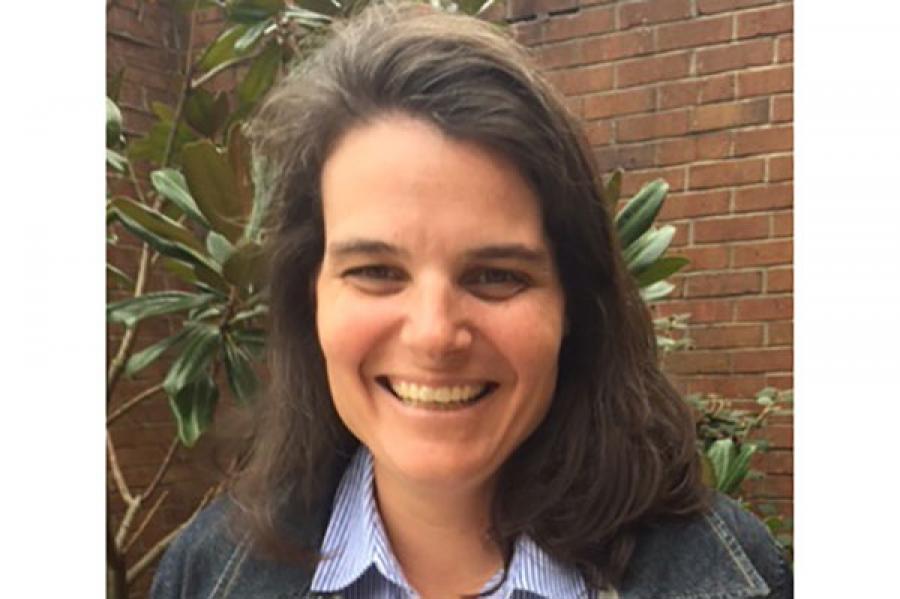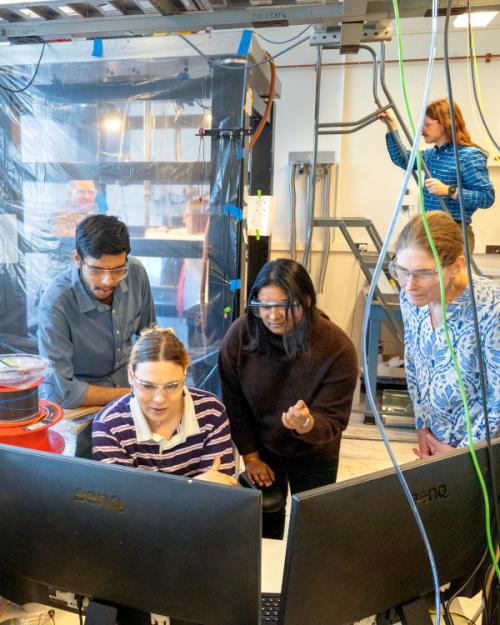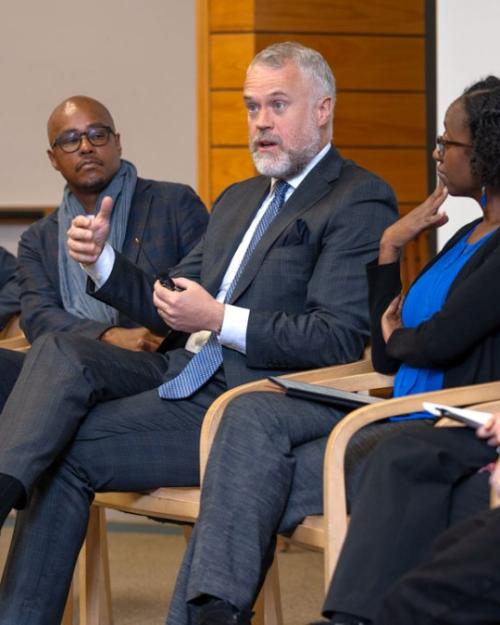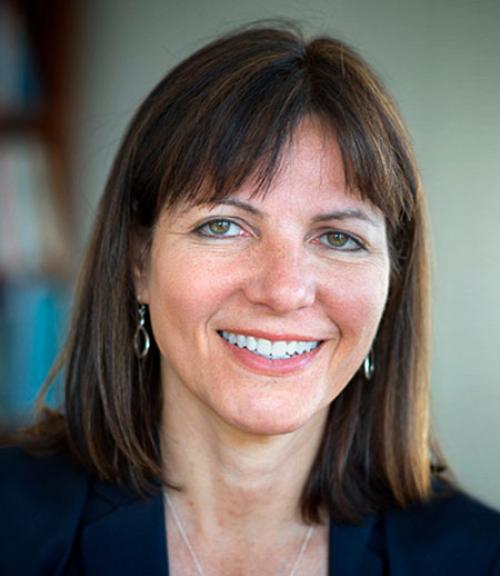The number of Americans over age 65 is expected to double by 2060, to 24 percent of the population, intensifying concerns about end-of-life care. In a talk on Feb. 23, sociologists Holly Prigerson and Libby Luth will speak on “Psychosocial Influences on End-of-Life Care: Leveraging and Application of Social Constructs,” at 3:30 pm in Rm. 302, Uris Hall.
In the first part of the talk, Prigerson will highlight the role of patient race and gender in shaping their understanding of illness and their treatment preferences for end-of-life care. In the second part of the talk, Luth will extrapolate sociological insights from Prigerson’s key findings, discussing how a sociological lens can help deepen our understanding of these findings. She will also examine opportunities -- and challenges -- for sociologists to make meaningful contributions to medical research in collaborations with clinicians.
“Holly has made a huge contribution to our understanding of the grief and bereavement surrounding the death of family members and loved ones,” notes David Strang, professor of sociology in the College of Arts and Sciences and event host.
Prigerson is the Irving Sherwood Wright Professor of Geriatrics, Professor of Sociology in Medicine, and director of the Center for Research on End-of-Life Care, at Weill Cornell Medical College. She received her undergraduate degree from Columbia (Barnard) and has graduate degrees in history and sociology from Stanford. Her research focuses on psychosocial and behavioral influences on medical care and care outcomes for patients and families confronting life-threatening illnesses and death. Her studies include those on the stages of grief, outcomes of end-of-life communication, and the effects of religious coping on medical decision-making and care near death. Her studies on Prolonged Grief Disorder, funded by the National Institute of Health, served as the basis for inclusion of this new mental disorder in the forthcoming ICD-11. Prigerson’s many honors include the 2012 National Hospice and Palliative Care Organization’s Distinguished End of Life Researcher Award and the 2015 National Cancer Institute R35 Outstanding Investigator Award.
Libby Luth
A postdoctoral associate, Luth’s visit to the Ithaca campus is supported through the Trainees Scholarly Exchange Program at Weill Cornell Medicine, which promotes collaborations in cross-campus exchange programs.
The talk is co-sponsored by the Department of Sociology in the College of Arts and Sciences and Weil Cornell Medical College.





